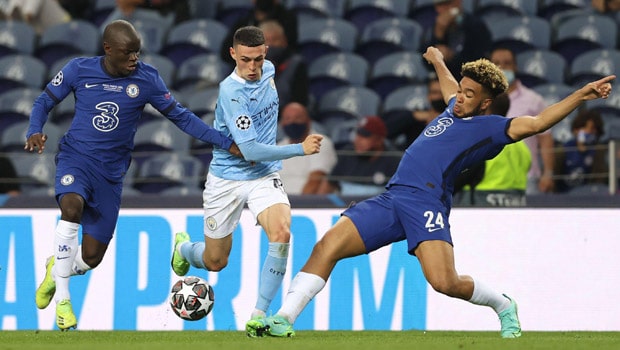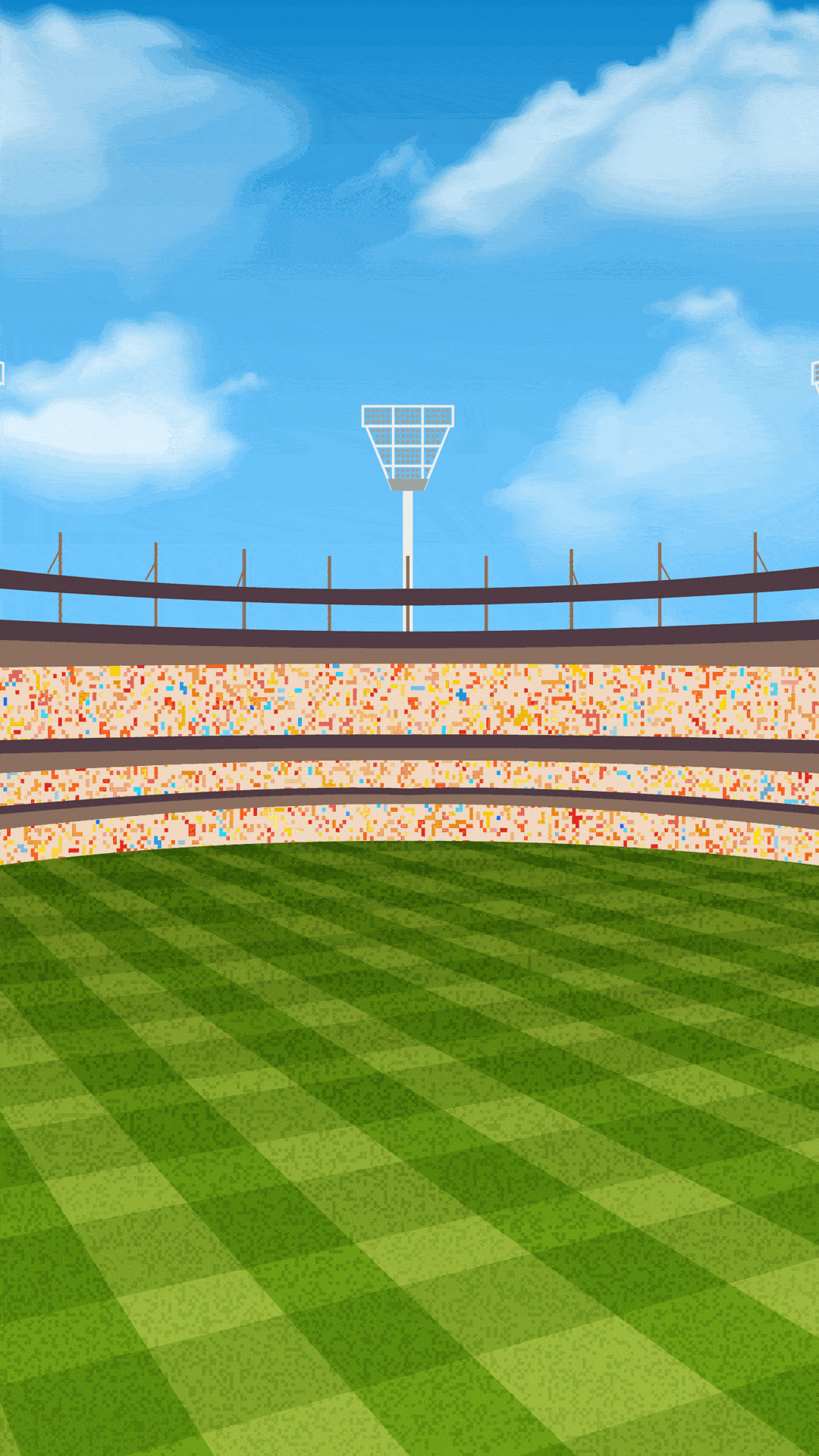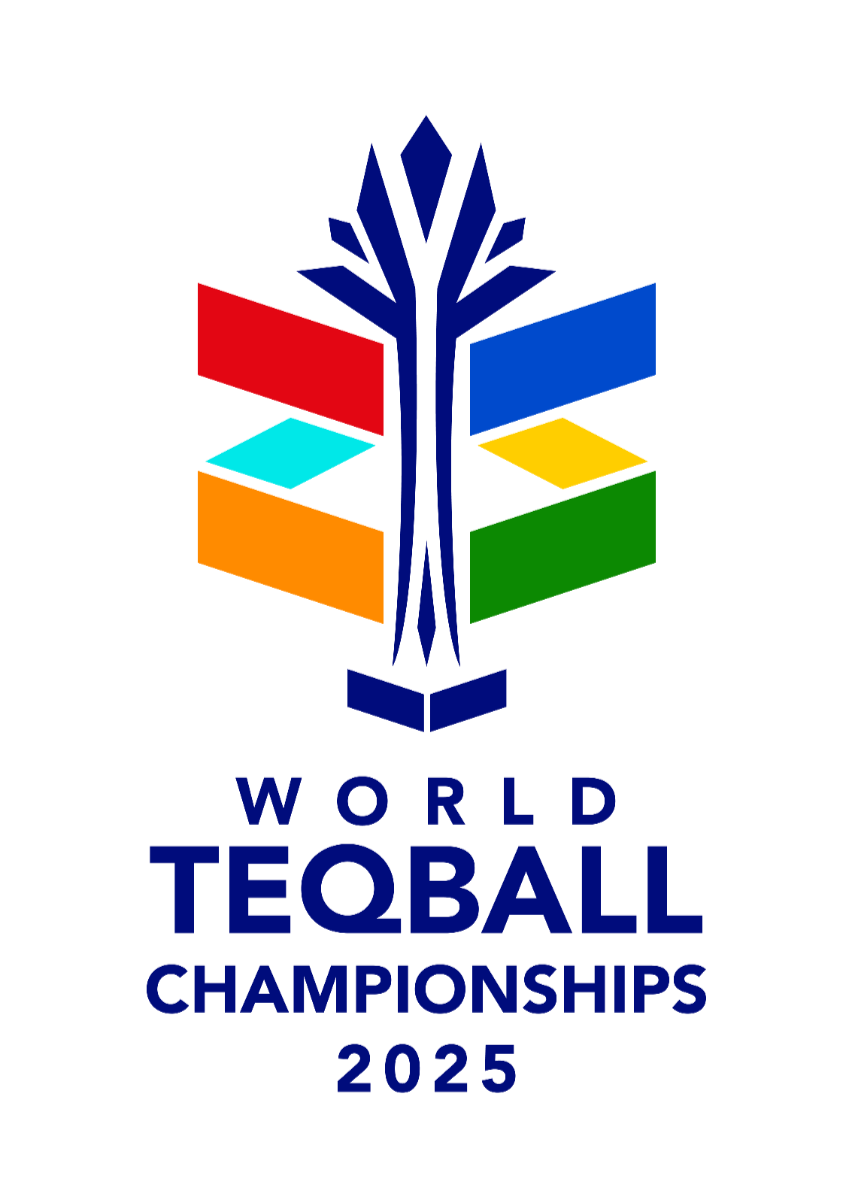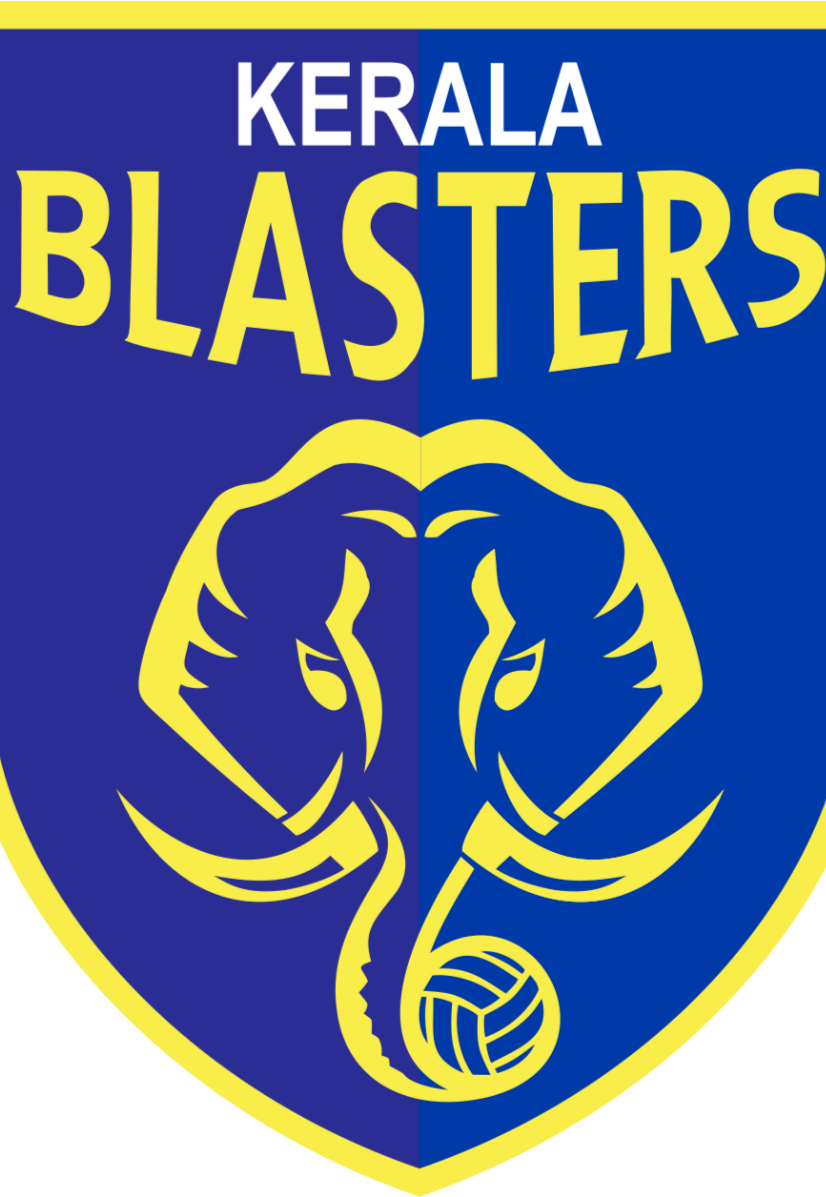Chelsea’s request for a delayed Premier League opener has been firmly rejected, leaving new manager Enzo Maresca facing a scheduling nightmare. The Blues’ involvement in the Club World Cup final means their players will barely have time to catch their breath before launching into a grueling domestic campaign.
After progressing to the final of the expanded Club World Cup in the United States, Chelsea will wrap up their tournament with a showdown against Paris Saint-Germain in New York’s MetLife Stadium. The problem? That final takes place just 34 days before their first Premier League fixture of the new season against Crystal Palace on August 17.
Chelsea had appealed to the Premier League for flexibility, hoping to push back their opener and give their players a much-needed break after a packed summer. However, the league stood firm. Chief football officer Tony Scholes, echoing the league’s earlier stance, made it clear that no concessions would be granted to Chelsea or Manchester City, who also competed in the Club World Cup.
The league’s position is simple: the domestic calendar is tight, and making adjustments for one or two clubs could cause chaos for the rest. While FIFA’s decision to expand the Club World Cup created this calendar clash, the Premier League insists that it’s not their responsibility to fix the resulting logjam.
For Maresca, who is still settling into his role as Chelsea’s head coach, this decision leaves little room to prepare. Players will barely get a chance to rest after their intense summer run, forcing the Italian to make tough calls on rest, training, and rotation during pre-season.
Under normal circumstances, managers use the pre-season period to recharge their squads physically and mentally, work on tactical setups, and integrate new signings. Instead, Maresca now faces a frantic few weeks where rest, preparation, and travel all collide.
To make matters worse, Chelsea’s run to the Club World Cup final wasn’t a minor footnote—it was an exhausting, high-pressure campaign that, while potentially netting the club a huge £97 million payday, has also left the squad physically and emotionally drained.
Even Manchester City, who were eliminated from the tournament earlier than Chelsea, voiced concerns about the toll this schedule could take. Pep Guardiola openly admitted that the impact might not be felt until months into the new season. Speaking during the tournament, Guardiola predicted that come winter, clubs could be struggling to cope with player fatigue, saying, “Maybe in November, December, January, ask me, Pep. I may say: ‘So listen, we are a disaster. We are exhausted. The World Cup destroyed us.’”
For Maresca, the challenge is arguably bigger. Unlike Guardiola, who has had years to mold his squad and systems, Maresca is still working to establish his ideas at Stamford Bridge. Managing player workloads while ensuring tactical cohesion in such a short space of time is a tall order for any coach.


























